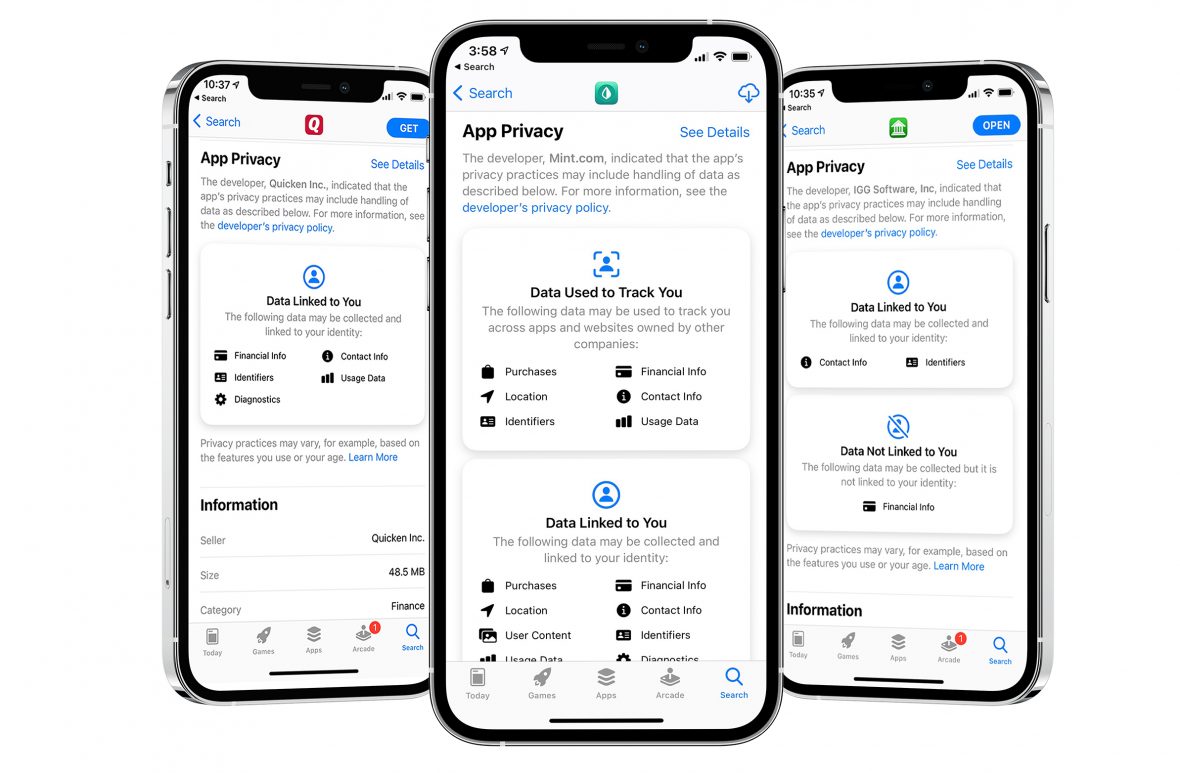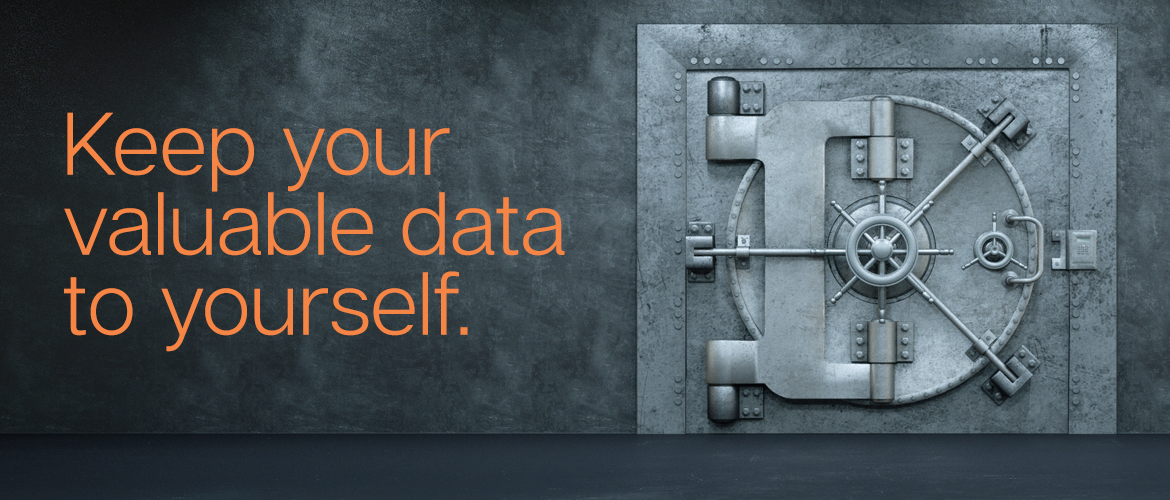“Nothing in life is free; you always pay in the end.” – Wayne Static
Despite claims that apps are free, that is often not the case. Every owner is looking to monetize their apps, so it’s important to understand the hidden costs of so-called free apps.
Here are four drawbacks:
1. Privacy, privacy, privacy
The biggest issue with free apps is related to privacy. App creators need to make money, which is done by sharing and selling your data. When you quickly click on the terms and conditions, you authorize this, which can result in your name, age, location, address, email and place of employment being shared and sold. No one wants their personal information traded by data brokers or potentially ending up in the hands of cybercriminals. When it comes to your financial and investment data, it’s clear that you want to keep it under lock and key.
In addition, the cookies in ads track you as you move around the internet. That is why when you search for something online, suddenly related ads start showing up. This is not down to telepathy but third-party cookies that track and harvest every bit of information they can in order to hopefully monetize it.
2. Ads and the user experience
In order to make an app free, it usually involves having to be served ads every time you use the app. At first, it might not bother you, but most of us become annoyed when viewing the same ad for a product repeatedly. If it feels as if we are being followed, it’s because we are. The app creator makes money every time you click or view the ads hence why you keep seeing the ads. It also doesn’t help that these ads slow down your phone’s performance.
3. Data Guzzlers
Advertising banners use up your data. When you click on an ad, the app sends data to the ad server, and every image within the banner again uses up more data. So, if you struggle to stay below your data limit each month, then free apps could mean you incur additional data charges.
4. Security vulnerabilities
In our view, the most significant issues with free apps relate not only to privacy, but also security. Free app developers often cut corners in order to release the app as quickly as possible. They finance their efforts by allowing the app to serve up ads to you, the end user. This can result in security vulnerabilities creeping into the app, putting your personal data at risk. Before downloading an app, make sure to read the user terms of agreement and ask yourself if what they want access to on your phone is reasonable.

Apple’s privacy labels are designed to help you understand how apps handle your data. Understanding what third party apps collect and analyze is a way to help educate yourself and stay in control of how your personal data is used.
Located in boxes near the bottom of app listings, these labels show which data is harvested from your devices. If you don’t investigate and are not careful about limiting permissions, your free (or even paid) app may have access to your microphone, photos, location data or camera.
As shown above, all of your information the “Free” app Mint has access to won’t even fit on one screen. Quicken shares your financial data with third parties. Banktivity will never access or sell your data.
Here at IGG Software, (Makers of Banktivity), we believe strongly, like Apple, that privacy is a fundamental human right. Rest assured that we will never access, sell or share your data. Obviously, no one really wants their financial data shared with others. Another benefit of the ad-free experience with Banktivity is less temptation to spend, helping you achieve your saving goals!
Find out more here and take the app for a free trial.

Per your email dd.29.9.2021 you make available v8.5.1. I already have v8.5.2 installed. Error?
We are actually uptown 8.5.3. We’re keeping busy!